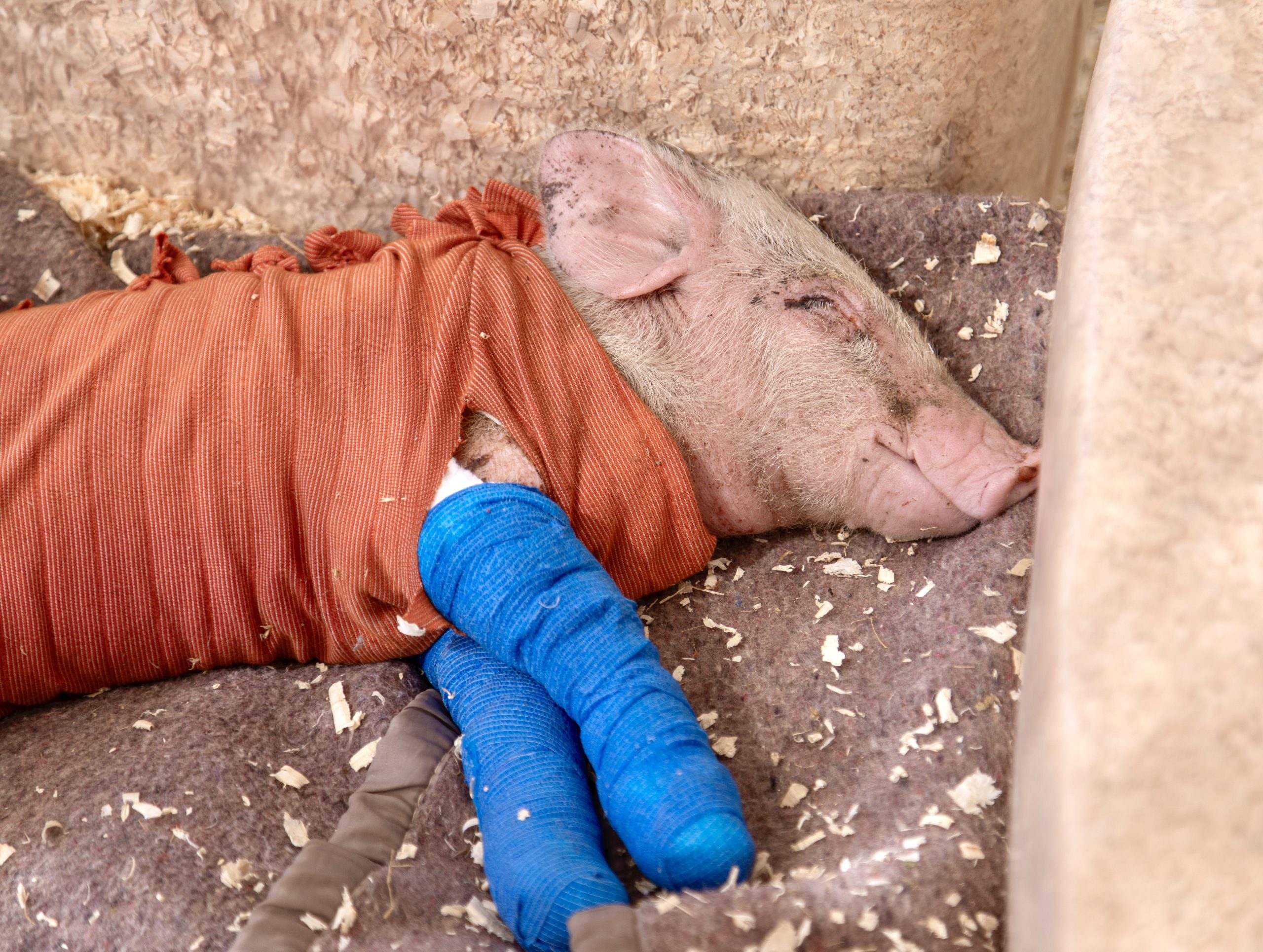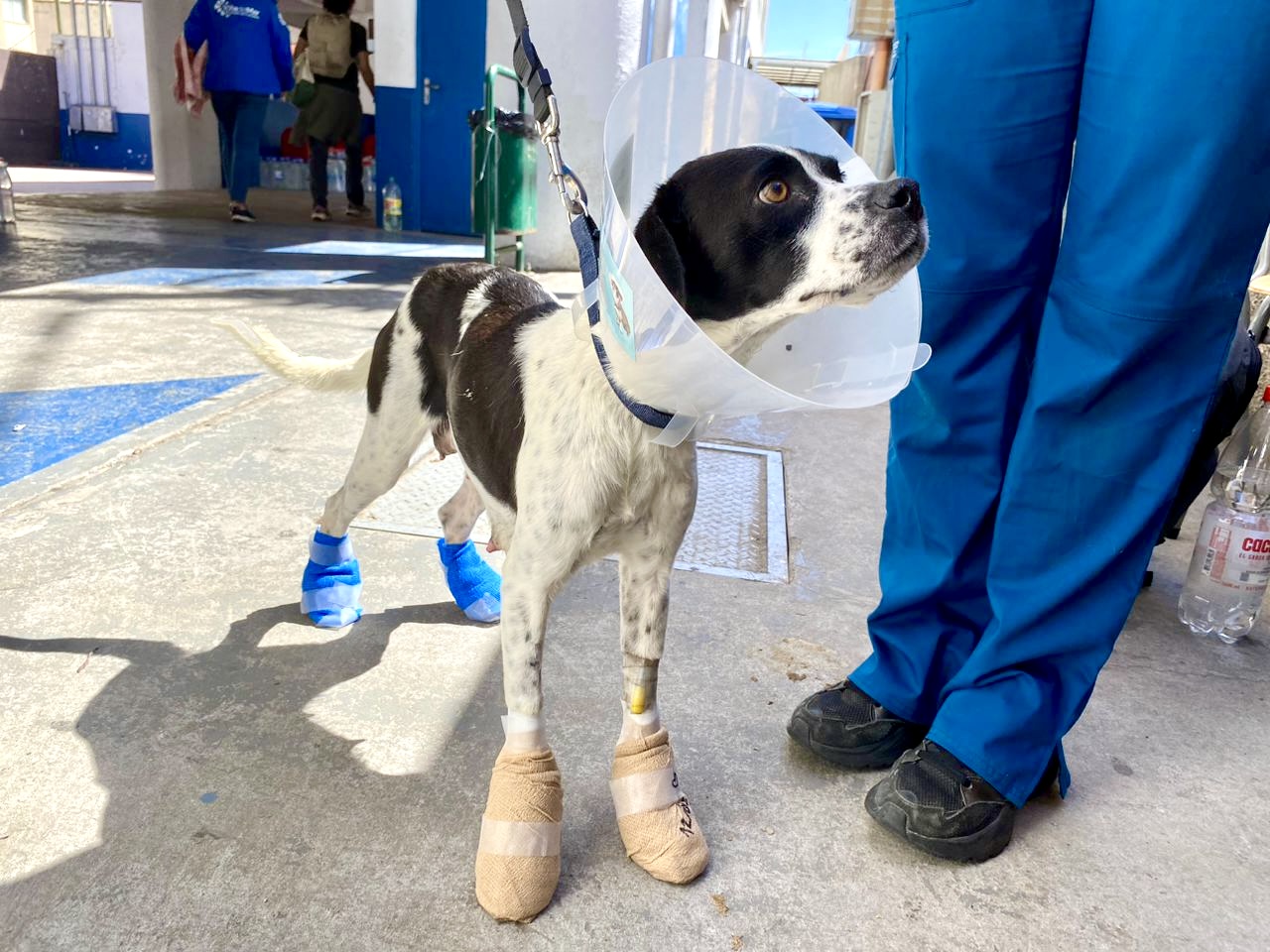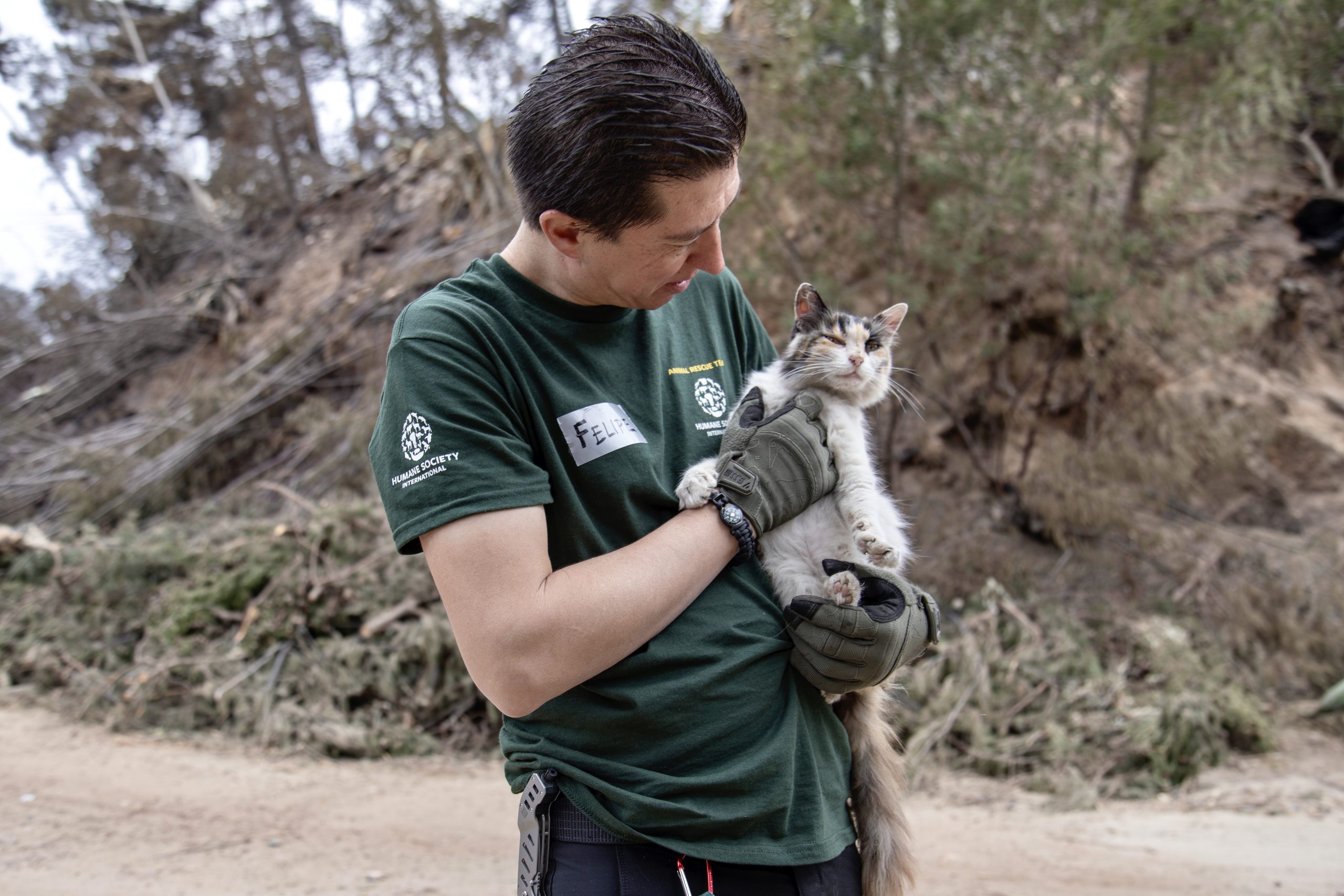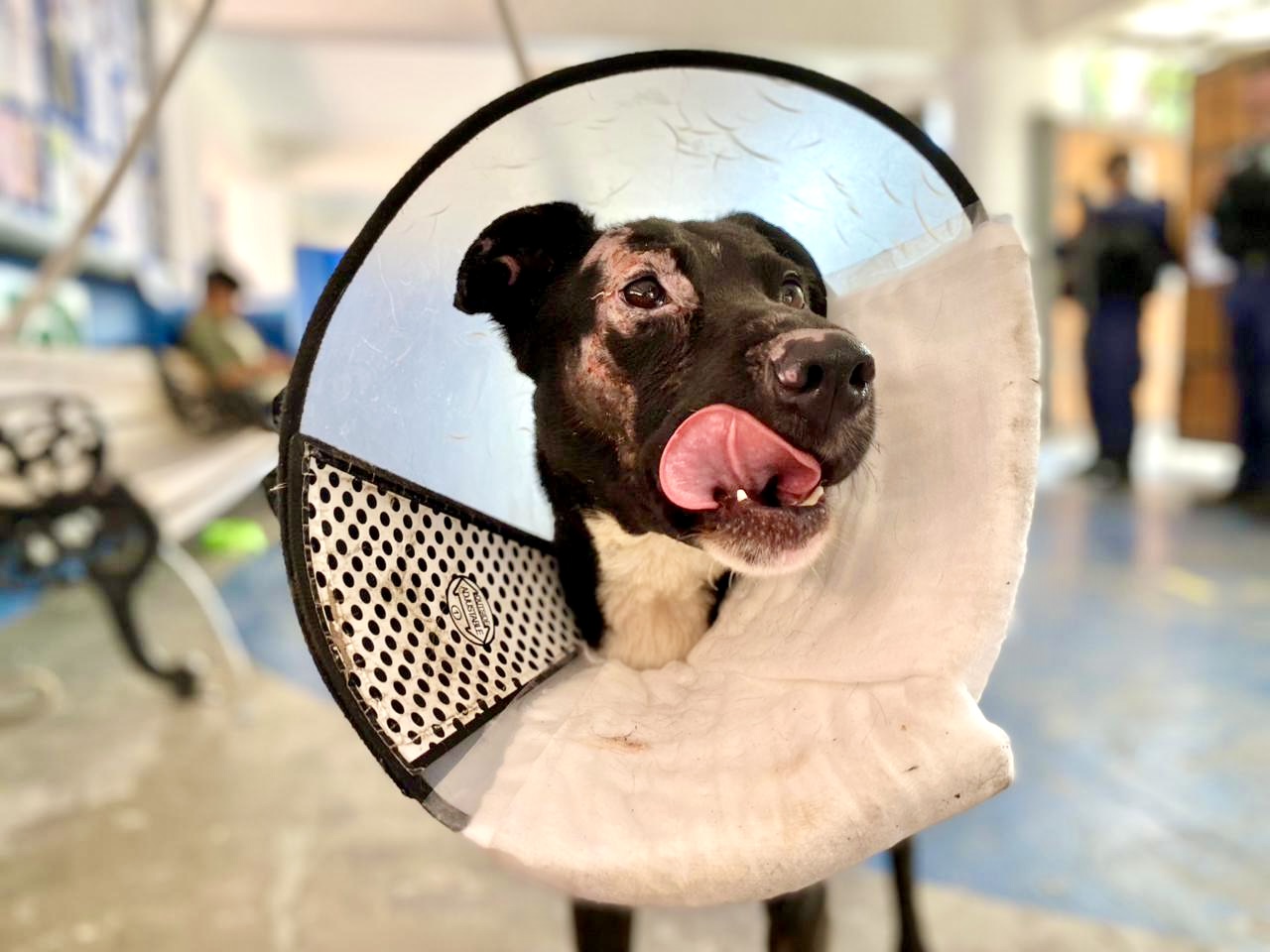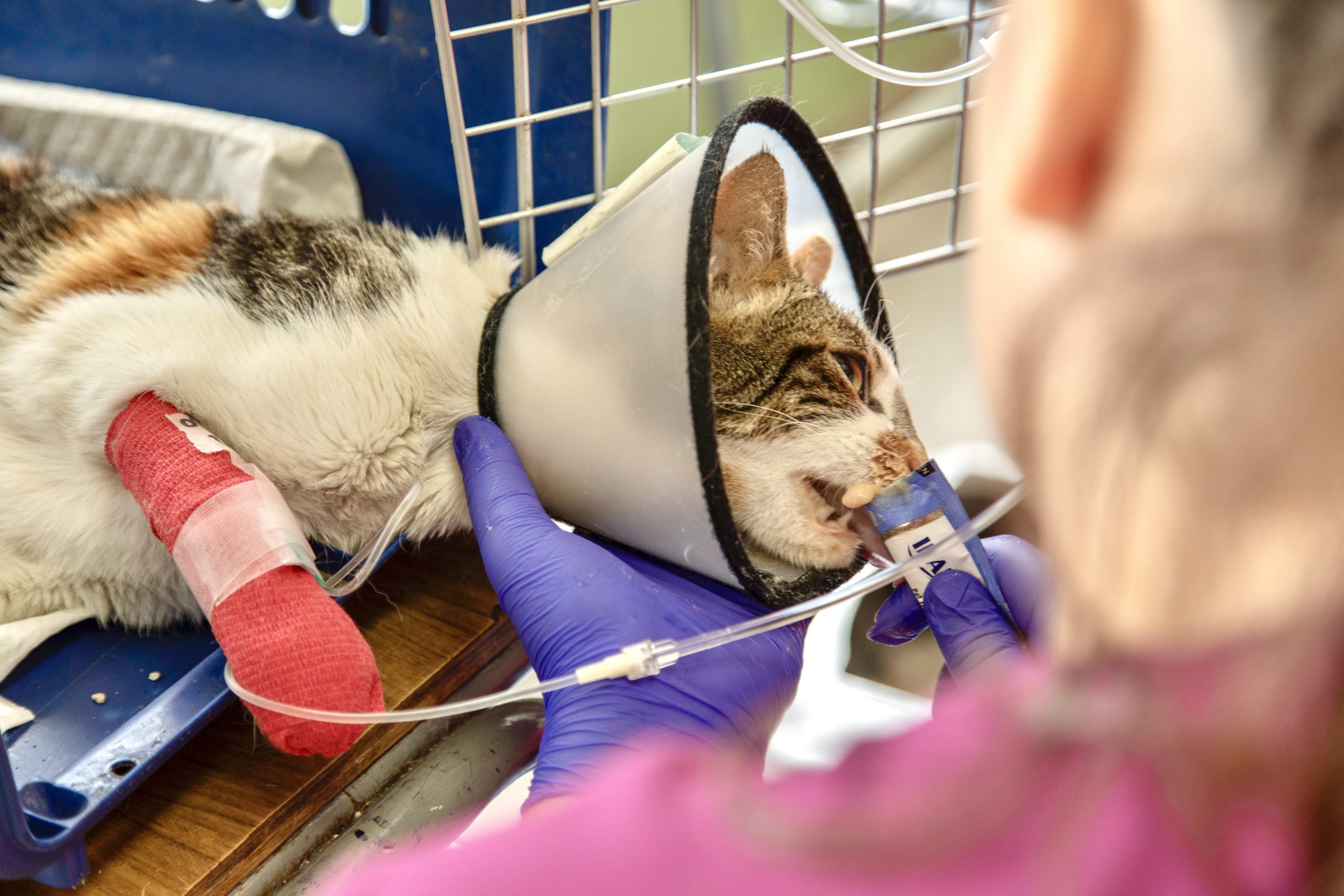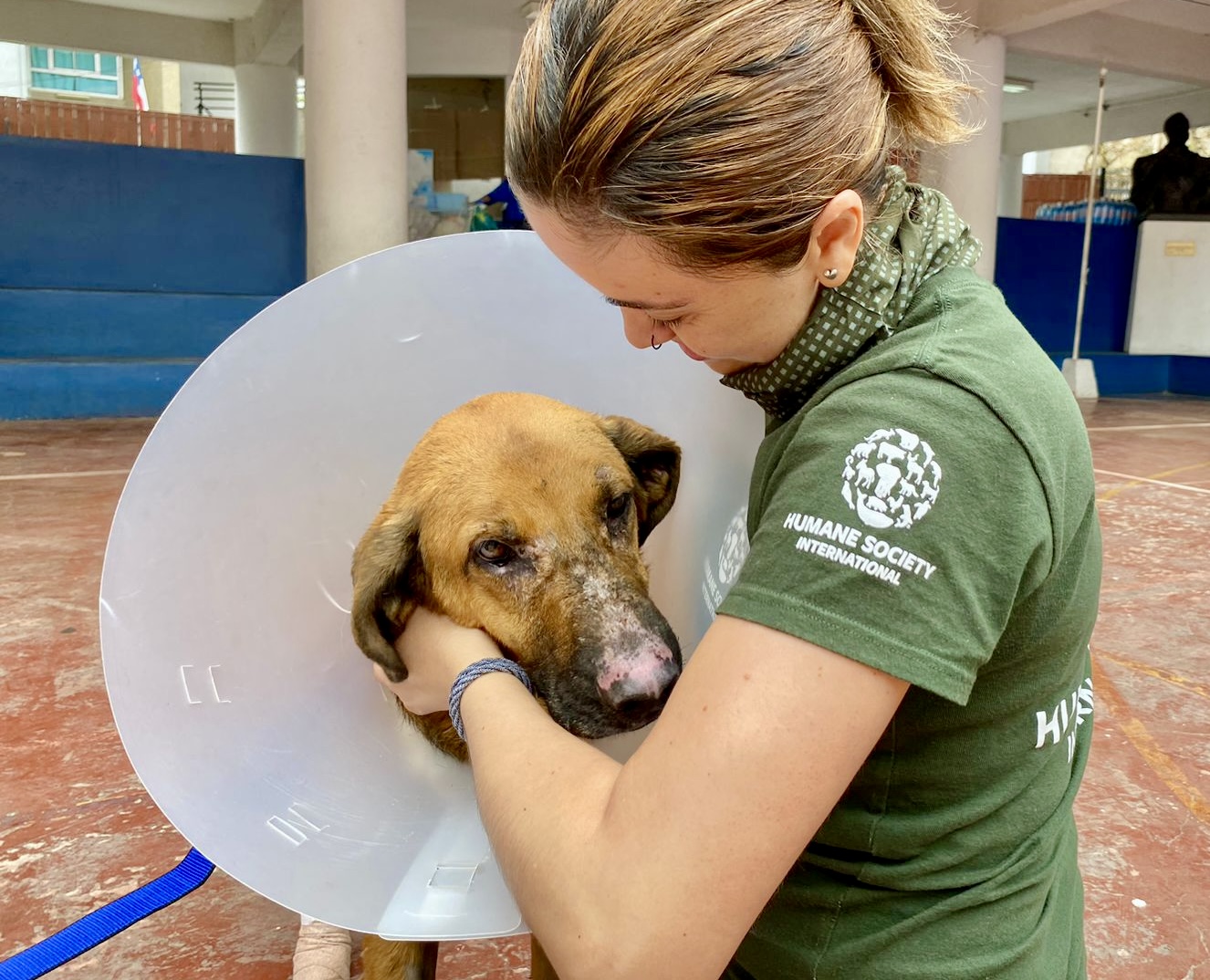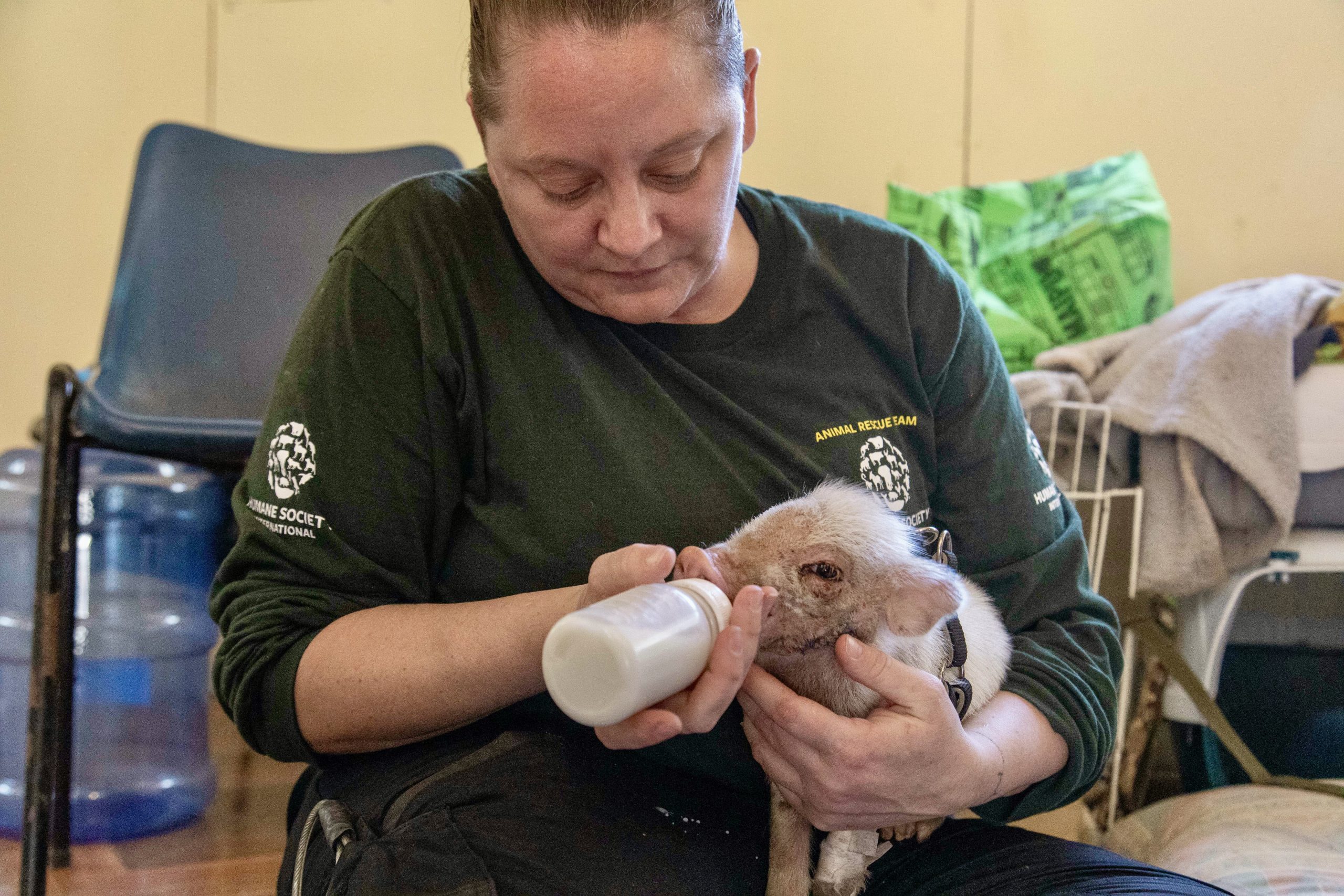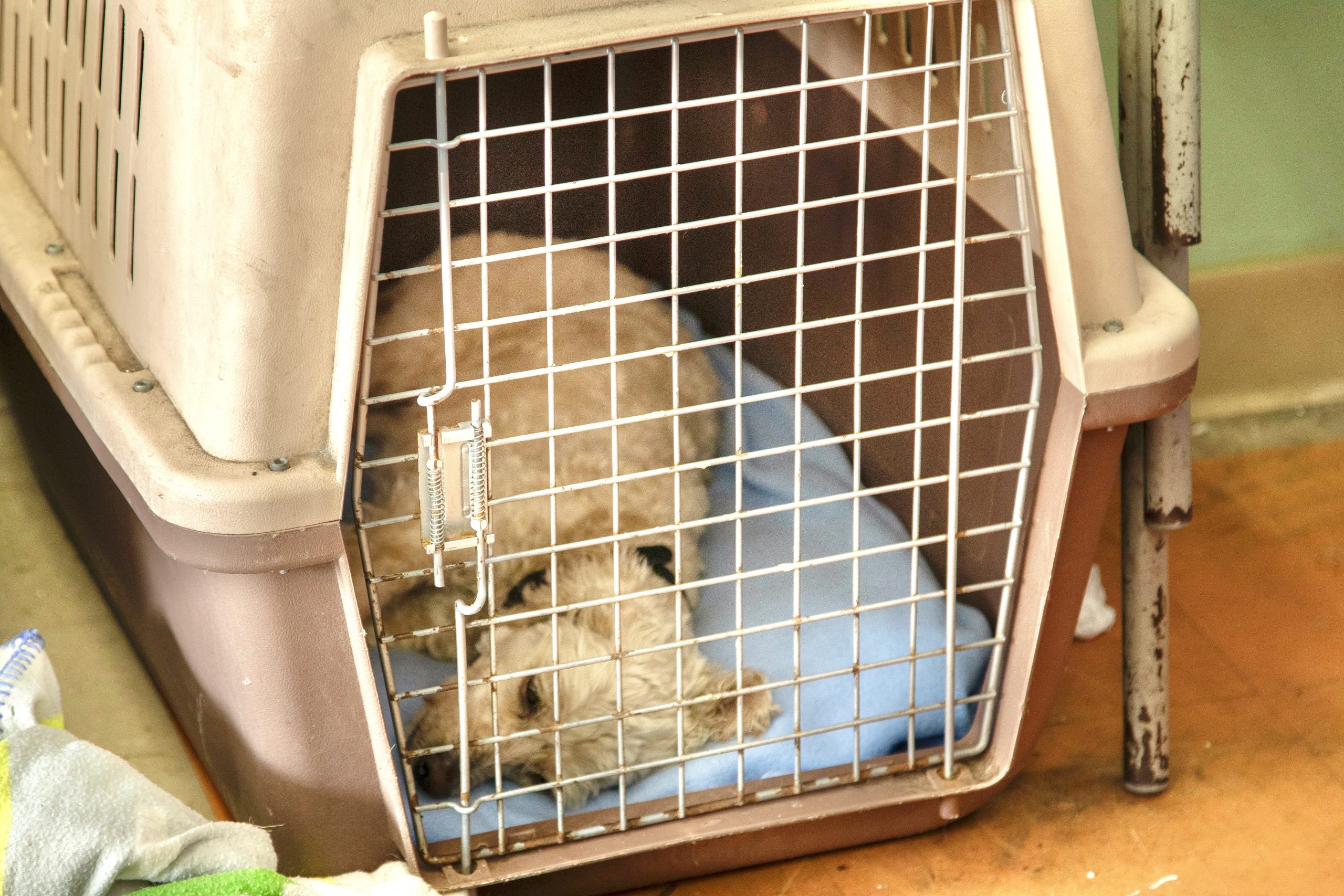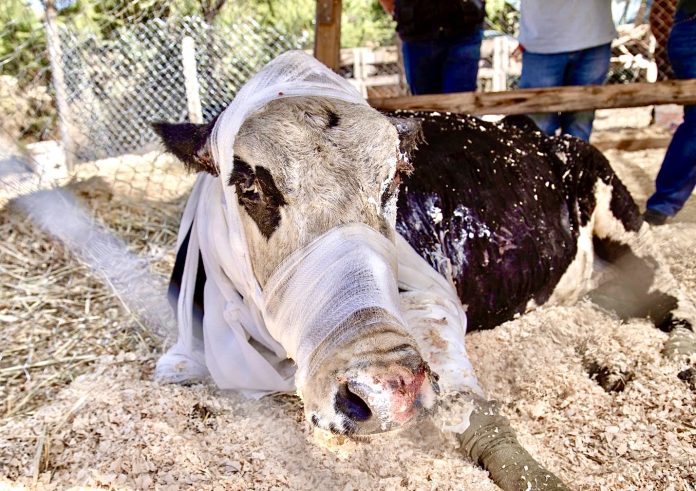
In The Aftermath Of Chile’s Devastating Wildfires, Animals Are Being Treated For Burns, Smoke Inhalation & Dehydration
“Millions of people and animals across the planet, including here in Viña del Mar, are victims of climate change-exacerbated disaster events. This is becoming a more frequent reality for animal rescue teams such as HSI’s, which is why we focus a lot on helping communities and local authorities better prepare for the inevitable. For now, our immediate priority here in Chile is to attend animal casualties, distribute food, water and veterinary supplies, as well as head out on search and rescues to find animals for whom help has not yet come,” said Marquez.
You can help all animals and our planet by choosing compassion on your plate and in your glass. #GoVeg

